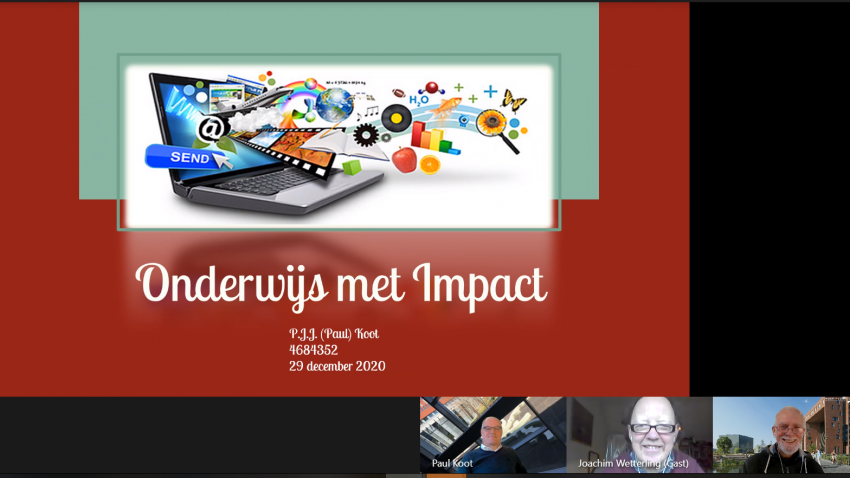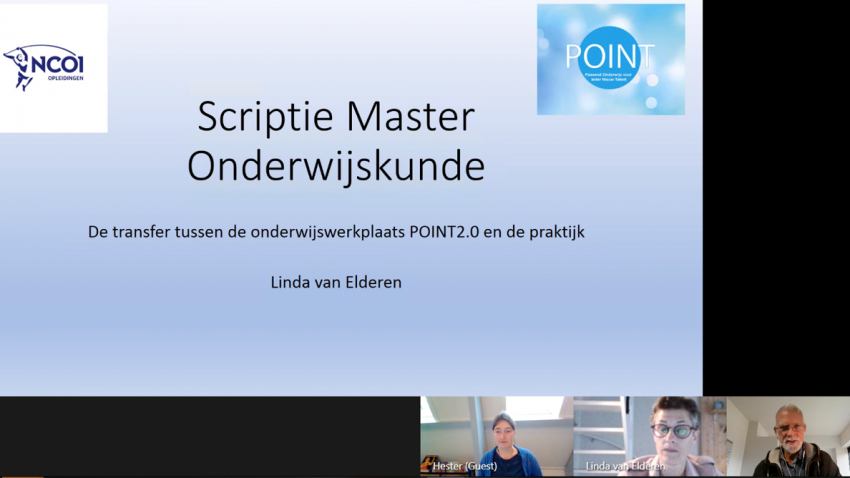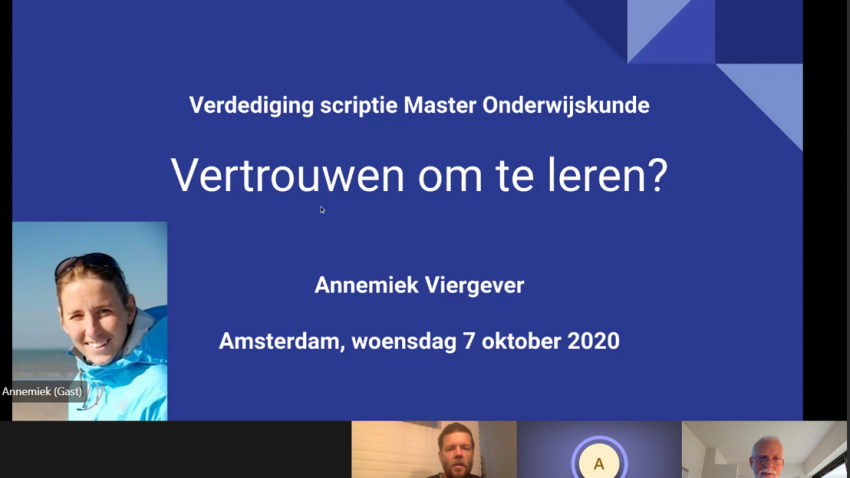The concept of competence is conceptualized in different ways. Examples of theories in which competence is integrated:
- Performance Theory: The AMO Model (Appelbaum et al.)
- Self-Determination Theory (Deci and Ryan)
- Alignment Theory (Mulder)
- Theory of Domains of Occupational Competence (Billett)
- Shaping Competence Theory (Rauner)
- Instructional Theory (De Corte et al.)
- Capability Theory (Cairns and Malloch)
- Human Development and Capabilities Theory (Nussbaum)
For an elaboration on this, see Mulder, M. (2019). Foundations of Competence-based Vocational Education and Training. In: McGrath, S., Mulder, M., Papier, J., & Suart, R. (Eds). Handbook of Vocational Education and Training for the Changing World of Work. Cham: Springer, pp. 1167-1192.



